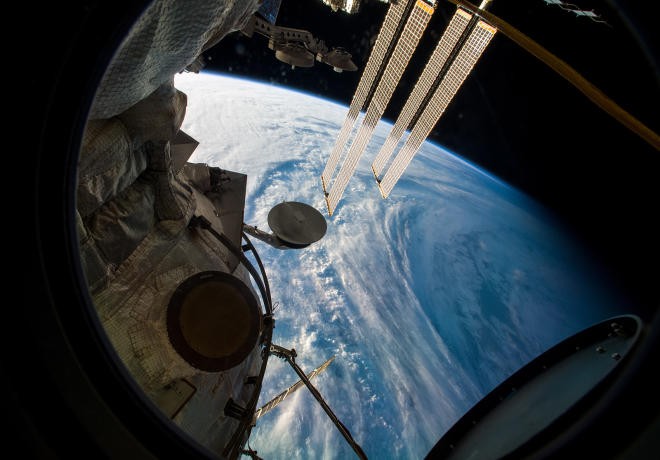Astronomers have detected a possible sign of life on the distant exoplanet K2-18b, located 120 light-years from Earth.
Axar.az reports that using the James Webb Space Telescope, scientists observed an atmospheric molecule called dimethyl sulfide, which on Earth is only produced by living organisms like marine algae.
This suggests the planet could host life, potentially within warm oceans under a hydrogen-rich atmosphere.
However, researchers caution that more studies are needed to confirm these findings.
Some experts suggest K2-18b might instead be an uninhabitable rocky planet with a scorching atmosphere. The study, while groundbreaking, marks the beginning of further exploration, which may be threatened by potential budget cuts to NASA’s science programs.
Source: en.axar.az












